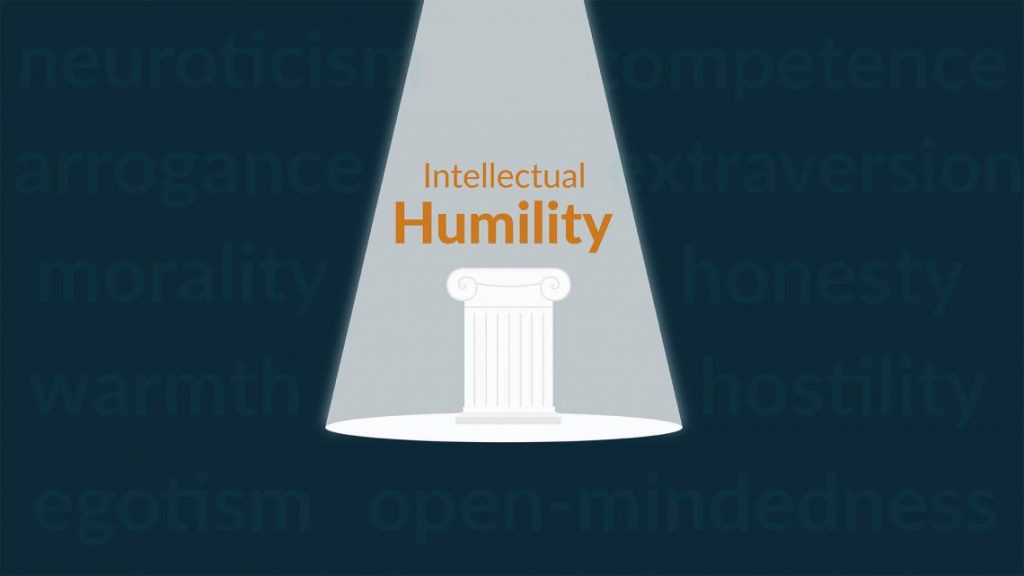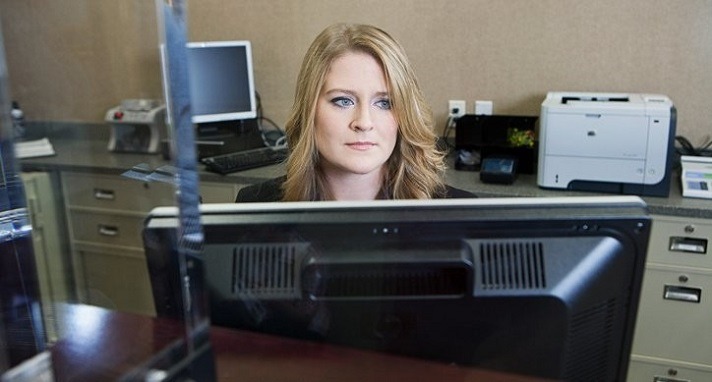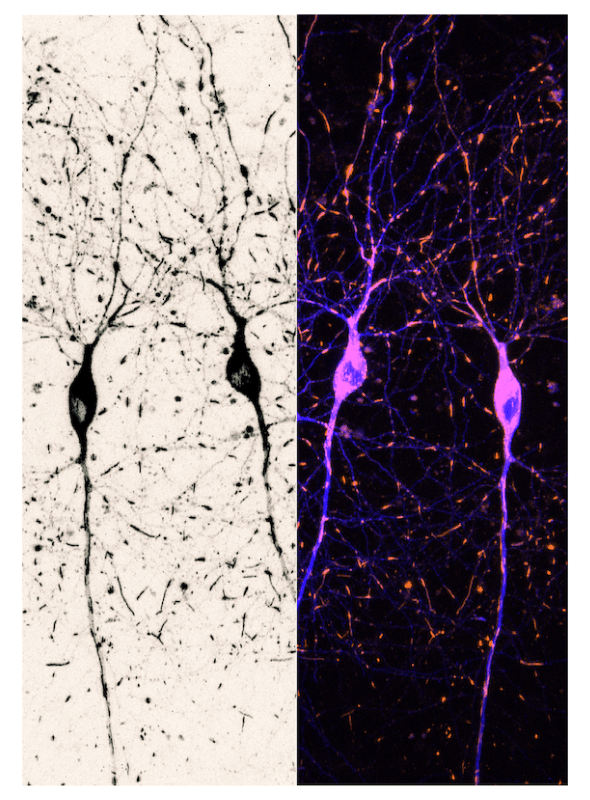Posts Tagged ‘cognitive-bias’
Could I be wrong? Exploring cognitive bias, curiosity, intellectual humility, and lifelong learning
Welcome to a new edition of SharpBrains’ e‑newsletter, featuring eight timely scientific and industry news plus a few fun teasers to appreciate our unique human brains. #1. Could I be wrong? Exploring research on cognitive bias, curiosity, intellectual humility, and lifelong learning “None of us thinks that our beliefs and attitudes are incorrect; if we…
Read MoreOn cognitive reframing and biases, stress, mental health tech, Aduhelm backlash, Britney Spears, and more
Welcome to a new edition of SharpBrains’ e‑newsletter, featuring this time nine scientific reports and industry developments to help promote lifelong brain and mental health. #1. To lower stress levels and improve problem-solving, practice cognitive reframing instead of venting “… venting likely doesn’t soothe anger as much as augment it. That’s because encouraging people to…
Read MoreStudy examines common cognitive biases (have you tried this brain teaser?) and ways to mitigate them
A fascinating new study, Tversky and Kahneman’s Cognitive Illusions: Who Can Solve Them, and Why?, probes into the cognitive “heuristics and biases” researched by Daniel Kahneman and Amos Tversky since the late 1960s. If you have never encountered the “Linda brain teaser” before, please give it a try: Linda is 31 years old, single, outspoken, and very…
Read MoreOn neurons, lifelong learning, meditation, humility, “empty brain calories” and more
Welcome to a new edition of SharpBrains’ e‑newsletter, featuring 12 fascinating neuroscience findings and open questions–and the beautiful image above. #1. “With this image I want to illustrate the large advances made in imaging methods over the past century, allowing modern neuroscientists to look at neurons in ways that Cajal could have only dreamed of.” –…
Read MoreQuick brain teaser to stretch (and retrain) your mind
___________ This is Ellen, a single and bright woman. When she was a student —in high school and in college too— Ellen was deeply involved in environmental issues, and also participated in social justice protests. Now it’s 2019, and Ellen is 31-year-old. Question: Which of the following statements are more probable regarding Ellen’s occupation today,…
Read More23. Quick brainteaser to test your cognitive skills…and biases
— Brain teaser: Please consider Linda, a 31-year-old woman, single and bright. When she was a student, in high school and in college too, she was deeply involved in social justice issues, and also participated in environmental protests. Which is more probable about Linda’s occupation today?
Read More





